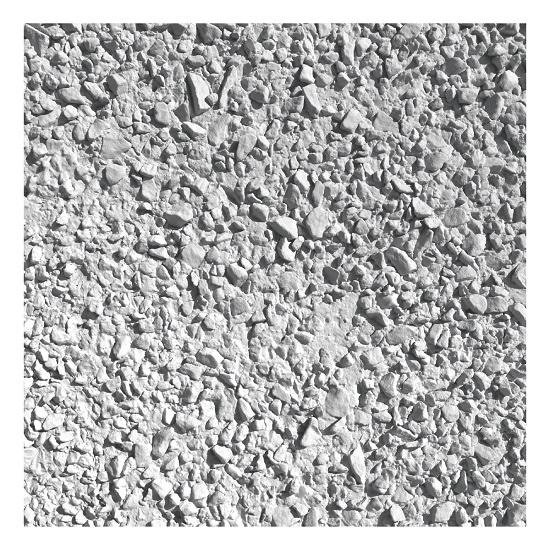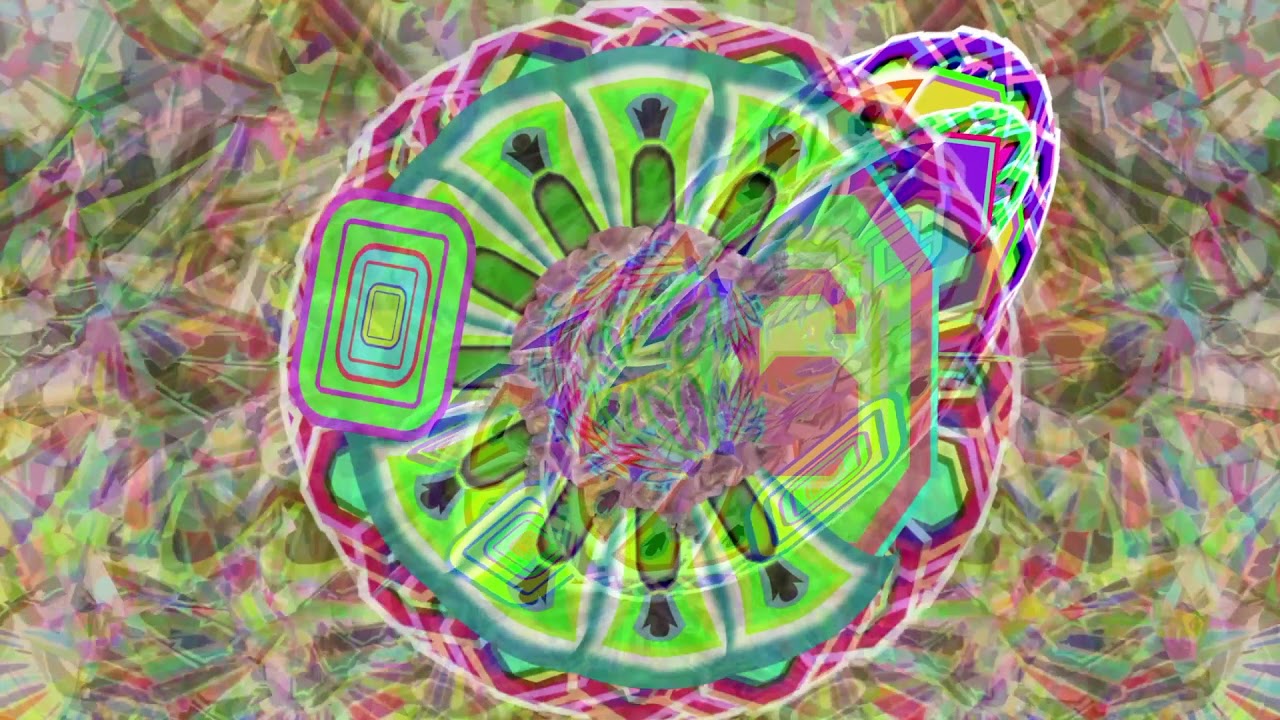It would be a shame if history lost Luke Wyland in the shuffle. As chief driving force behind the restless, maximalist art-pop of Portland-based group AU, Wyland wasn’t pushed to the same commercial heights by the music blog and online press boom of the noughties as contemporaries like Animal Collective and Grizzly Bear were. At his best, though, he and his own collective were a breathless delight as they scampered through musical styles and ideas with a charming playfulness – the absurd orchestral merry-go-round of ‘rr vs. d’ from 2008’s incredibly fun Verbs or the delirious rush of the Colin Stetson-featuring ‘Solid Gold’ from final AU LP Both Lights just two of many worth revisiting.
Six years on from Both Lights, Wyland returns as a solo artist with his first record under the new moniker of LWW, and although on paper the gap between releases is long enough to suggest a complete break between this and his previous work, the bulk of 3PE dates to shortly after AU was shelved. As a result, there are threads to be pulled between the two – at least in application if not audible similarity. Recorded as individual improvisational snapshots rather than within concerted studio sessions, 3PE perhaps understandably doesn’t flow particularly smoothly as a whole, with each track only a semi-conscious suggestion of where their composer might rather than will go in the future.
However, there’s plenty to enjoy here; the energy and exuberance Wyland brings to his music hasn’t dimmed even if, opener ‘CTP’ apart, this album is an exercise in minimalism, with rarely more than one or two instruments used per track. This is perhaps best exemplified on fourth track ‘PNO’ which, despite dealing in Reich-esque piano repetition, is wonderfully light-fingered as blossoming trills open up above the underlying polyrhythms of the piece, before it all breaks apart abruptly. The proceeding ‘LSP’ isn’t entirely dissimilar, but here each repetition is muddied and distorted, punctuated by a guitar that rarely strays from the same probing note. The guitar is the focal point a couple of tracks earlier on ‘P&B’, although of all the cyclical patterns found here it’s probably the least memorable thank to its languid style. That can’t be said of ‘DTE’, which comes across as a series of broken code and modem blips; across more than five minutes it’s a challenge, but Wyland keeps it entertaining by threatening and teasing to build to something that never quite comes.
3PE is bookended by two tracks that are probably the farthest apart from each other of the six. The already-mentioned ‘CTP’ is by the artist’s own admission the biggest throwback to AU, the only track that Wyland admits he dissected and turned into something that resembles more of an edited composition. He’s joined by drummer John Niekrasz for this and although the structure is far more rigid than anything heard across AU’s canon, ghosts of its pomp and grandeur remain as the track breaks from a building crescendo into a throbbing, industrial piece of repeato-rock. It’s notable too for being the only track here with Wyland’s burring vocal on it.
At the other end of the track list is ‘PRC’, which eschews the largely keys-led explorations of the record and to hone in on percussive rhythm. Long-inspired by the street music of Kinshasa in the now Democratic Republic of Congo, Wyland contributed to Crammed Discs compilation Tradi-Mods vs. Rockers: Alternative Takes on Congotronics – released back in 2010 following the success of re-issues and new recordings of Konono No. 1. He re-visits those ideas on ‘PRC’ over 11 sprawling minutes of detuned percussion that only ever feels a couple of steps ahead in the creator’s mind than it is in coming out. A hemisphere apart from the Westernised sounds of the rest of the LP, it sticks out somewhat; but then this wasn’t meant to be a collection confined to the conventional structures of an album, more caught unawares ruminations. Is 3PE an essential release? Possibly not, but it’s a reassuring check-in on a brilliantly inventive artist who proves that he still has plenty of creative paths to explore.



